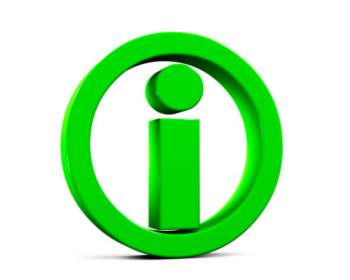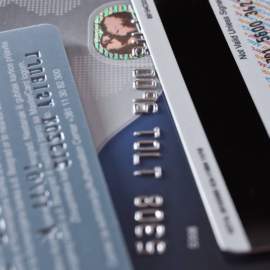
All You Need To Know About Homestead Exemption

When individuals experience financial trouble and must consider filing for Chapter 7 bankruptcy, they often wonder whether or not they are going to lose their homes. In many cases, individuals contemplating bankruptcy are also facing the threat of foreclosure due to their inability to pay their mortgage. In instances in which an individual owns the residence they are living in, they may worry that they will be required to sell their home in order to pay their creditors the money that they owe them. In order to help protect an individual from surrendering their home and its value, the federal and state governments have established a homestead exemption.
Not all states have developed a homestead exemption, but the majority of them offer some form of protection to homeowners. If an individual signs a declaration of homestead, a portion of the value of their primary home may be protected under state bankruptcy exemption laws. A declaration of homestead is signed in order to obtain some form of financial protection under the law. An individual who owns a home may choose to authorize a declaration of homestead in order to protect a percentage of their property in the event that they accumulate serious debt and are compelled to compensate creditors through the sale of personal property.
The percentage of the property value that is protected ranges a great deal from one state to another. Some states offer little to no protection to homeowners, and others protect a large portion of a home's value. In order for an individual to receive a declaration of homestead, the property that a petitioner is seeking to protect must be his/her primary residence. Vacation homes and second residences are not protected under the homestead exemption. The type of property that can be included in a declaration of homestead includes houses, condominiums, and mobile homes. It should be noted the declaration must be signed in front of a notary.
Just because an individual has authorized a declaration of homestead does not mean that they will not be forced to sell their home. If an individual is yet unable to make his or her monthly mortgage payments, the creditor can take steps to foreclose the home. A homestead exemption does not mean that an individual will be permitted to remain in their home, or that their home will not be sold. It means that a certain percentage of a home's value will be protected.
For example, the state of Massachusetts has established a homestead exemption of $300,000. If an individual owns a home that is worth $325,000, and they owe creditors $50,000, he/she could be forced to sell their home in order to pay their debts to the creditors. However, once the home is sold, $300,000 dollars from the sale will go to the individual, while only the remaining $25,000 will be distributed amongst the individual's creditors. Most states' homestead exemption only protects a small percentage of a home's value. However, a few thousand dollars may be extremely important to an individual who files for bankruptcy and who is forced to begin their life again.


















